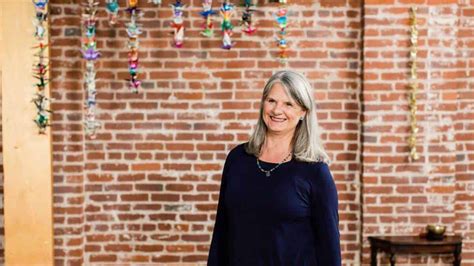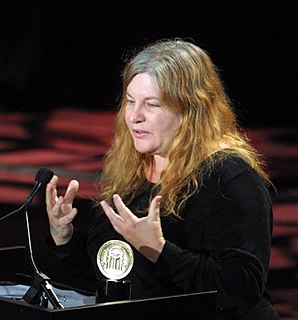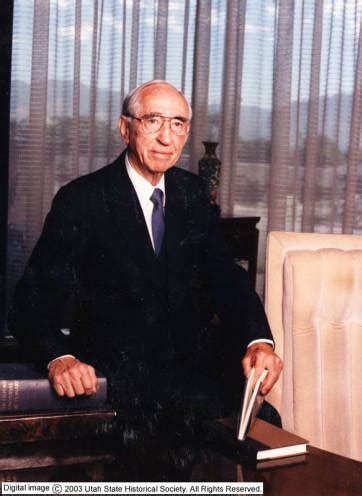A Quote by Martin Luther King, Jr.
We are prone to judge success by the index of our salaries or the size of our automobiles rather than by the quality of our service and relationship to mankind.
Related Quotes
Capitalism is always in danger of inspiring men to be more concerned about making a living than making a life. We are prone to judge success by the index of our salaries or the size of our automobiles, rather than by the quality of our service and relationship to humanity-thus capitalism can lead to a practical materialism that is as pernicious as the materialism taught by communism.
How prone we are to come to the consideration of every question with heads and hearts pre-occupied! How prone to shrink from any opinion, however reasonable, if it be opposed to any, however unreasonable, of our own! How disposed are we to judge, in anger, those who call upon us to think, and encourage us to enquire! To question our prejudices seems nothing less than sacrilege; to break the chains of our ignorance, nothing short of impiety!
We undertook a huge internal transformation to sharpen our customer focus, step up innovation, improve productivity to ensure competitiveness, change our culture, and simplify our ways of working so that our size and scale became a competitive advantage rather than a bureaucratic hangover after years of diversification.
Perhaps the highest goodness attainable is a life of service to all mankind. Such an ideal is supported in nearly every page in the Gospels-the parables, the sermons, and the countless acts of service by our Lord Himself. The ideal is not limited to any particular kind of service, nor a given quantity of service. The ideal is accepting life itself as a trust to be used in the welfare of mankind. It is a life that is glad for the chance to be of any help, an attitude that 'service is the rent we pay for our own room on earth.' (Lord Halifax)









































